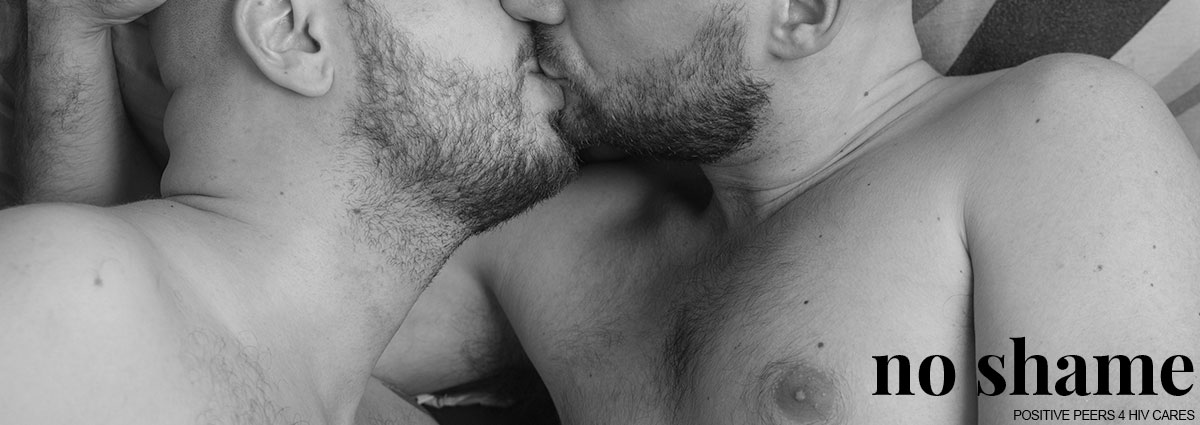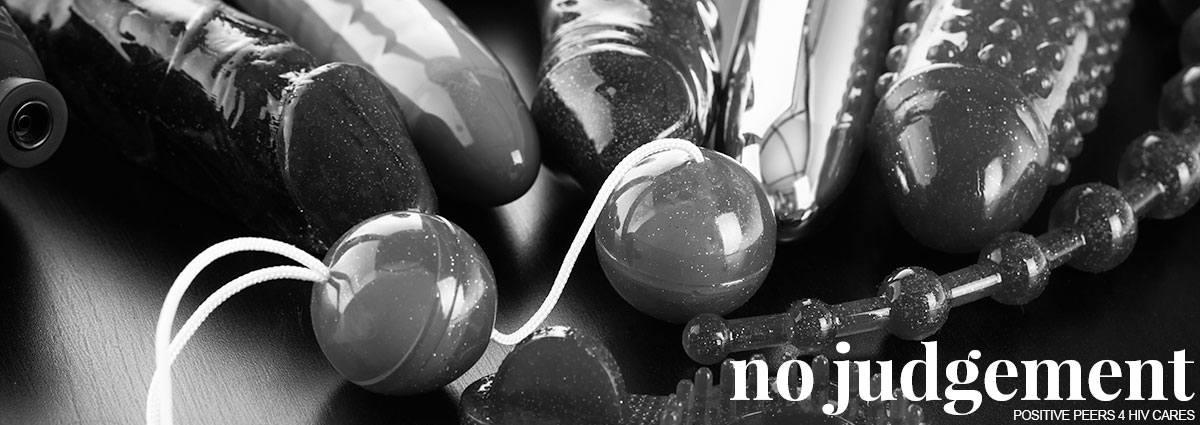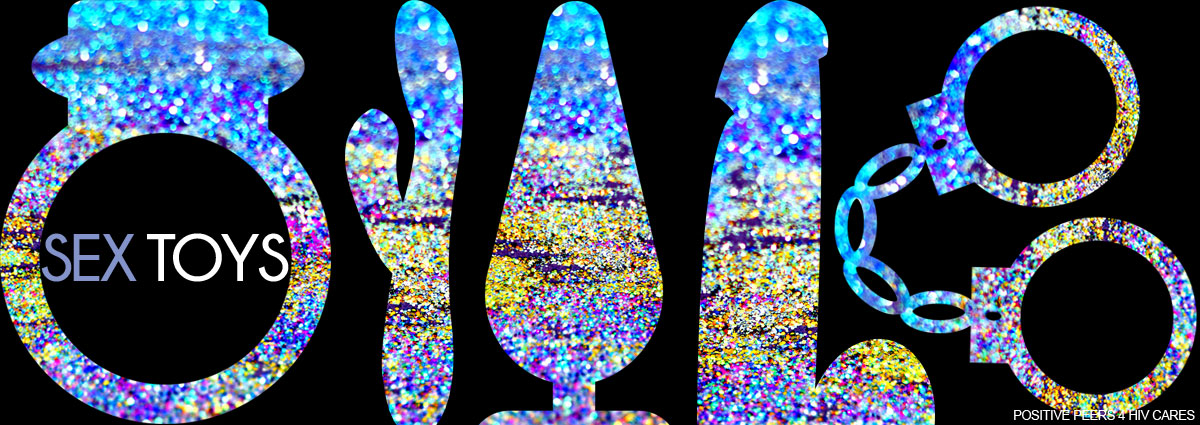
By: Jennifer McMillen Smith, LISW-S, HIV Social Worker at MetroHealth Medical Center and medically reviewed by Ann K. Avery, MD, Infectious Disease Physician at MetroHealth Medical Center
There’s having sex and there’s talking about sex. Both are a lot of fun, but which would you rather be doing right now?
I think we can guess which one. 😉
There’s no right or wrong way to talk about sex — what you like, what makes you uncomfortable, and what you feel like doing right this minute. But there are better and worse ways.
The chances of your partner magically knowing exactly what buttons to push are slim to none. If you want a certain something done a certain way, you might want to speak up. It’s all about keeping the lines of communication open.
If you’re about to get into the sex talk, keep these thoughts in mind:

There’s no room for hate
If you’re looking to get somebody in the sack, you probably know better than to make them feel bad about how they look (unless that’s a kink the two of you are into).
The thing is, it’s just as important to not do that to yourself over anything, either. Not your size or your gut or any of your scars. You’re beautiful, and your partner knows that too.
And definitely don't shame yourself (or anyone else) over living with HIV.

Try not to yuck someone else’s yum
Everybody likes what they like. And they usually don't like their partners judging what they like.
So, when you talk to your partner about what works and what doesn’t work, we encourage you to be kind, supportive, and maybe even willing to apologize a bit. It can be uncomfortable to be told one’s sexy technique is lacking luster.
Sometimes the best way to get someone to do something differently is to ease them (or yourself) into it. Better yet, make ‘em feel like it was their idea.

Model the technique you like the most
If you like to get off a certain way, you can demonstrate it to your partner and ask if they’d return the favor.
This has the distinct advantage of working without necessarily saying anything. Some people are visual learners. Now, you can paint ‘em a picture.
(Besides, watching somebody else get off is pretty hot.)
Come join our private, stigma-free, supportive community.
Health management tools with medication & appointment reminders.
Social networking in a community conversation & private chats.
Let’s keep it consensual
Some partners like it rough and wear their bruises like a badge of honor. Nothing wrong with that so long as you both completely agree it’s what you’re into and nobody’s being forced.
Sex without consent is a crime. Just don’t do it – and if you find yourself feeling pressured, know that it’s okay to say no. You have that right and we have your back boo. 😉
Now, if you’re into the extreme-sports version of sex, you might want to make it a clear point to talk to your partner about how far to go, when to back off, and all that.

It’s okay to talk about sexual health
Speaking of consent — we believe that being open and honest about one’s HIV and/or sexually transmitted infection (STI) status is an important part of consent.
It’s important for you and your partner to know where each of you stand so you can plan accordingly. Remember, no shame. You can and will have amazing sex regardless of status.
This is also a good time to talk about risk reduction — PrEP, extra lube, dental dams, condoms, etc. — and about birth control if applicable.

Love ‘ em tender
All your parts down there are super sensitive — that’s nature’s way of telling you tenderness is your best starting point. Tender words, tender actions.
Ease your way into talking about what you want and how to make things better. You can watch porn together or just let your imagination run a little wild.
The only excuse for not talking about sex is having your tongue otherwise occupied. 🙂
Related Blogs:


